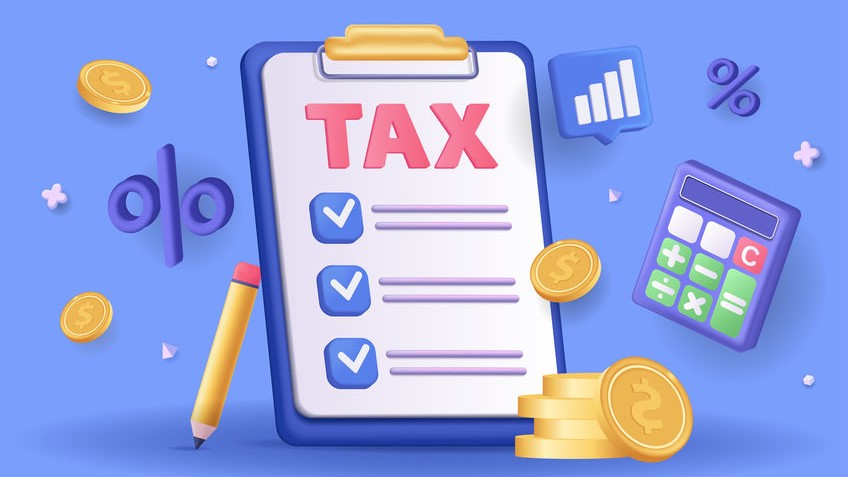A guide to filing tax returns
In the month of May/June, keep an eye out for the green envelope from the Inland Revenue Department (IRD) requiring you to file your tax returns. These returns should be filed within one month upon the issue of the notice (an extension of 1 month to be given automatically if the return if filed electronically). With the looming deadline, rookies in the workplace, and even seasoned tax payers, may have questions regarding the reporting and the paperwork. Let us walk you through a brief introduction to salaries tax and points to note when filing your return.

The tax on employees' income
Simply put, individuals employed to work in job positions created in or derived from Hong Kong are required to pay salaries tax. The salaries, wages, commissions, bonuses and discretionary rewards received by employees, the "letting value" of the accommodation provided by employers, as well as pensions received by retirees etc. are all taxable. If you qualify for certain deductions and allowances, tax is only levied on the amount after deductions and allowances are taken out.
Progressive tax rates are applicable to most employees
Salaries tax payable is calculated at progressive rates based on net total income (after deductions and allowances) or based on a standard rate (entitled to deductions but not allowances) on your income earned during the tax year, from 1 April to 31 March of next year, whichever is lower.
For the majority of the working population, the tax calculated based on the progressive tax rates are lower than that of the standard rate. Therefore, employees are usually taxed at the progressive rate. The standard rate is generally applicable to high-income earners.
The IRD will send out the tax return in May/June
Both employers and employees are required to file the assessments to the IRD separately. Employers should submit the Employer's Return of Remuneration and Pensions to the IRD to report the employee's personal information and income. Your employer will provide you a copy of this report. Check the information upon receiving it.
The IRD usually sends out employee tax returns in May/June. But if you have just joined the workforce, you may receive the tax return later. If your income does not exceed your eligible allowances, you do not need to pay salaries tax or file your tax return. However, if you receive the tax return from the IRD, you are still required to file your return within the specified period. You can apply for the IRD's eTax Account to file your tax return online conveniently and to save time.
Which expenses are deductible?
Expenses on self-education, approved charitable donations, mandatory contributions to recognised retirement schemes, home loan interest, elderly residential care expenses, qualifying premiums paid under Voluntary Health Insurance Scheme Policy, Qualifying Annuity Premiums and Tax Deductible MPF Voluntary Contributions, Domestic Rents Deduction etc. are deductible. You need not include the documents when applying for the deductions with your tax return, but they must be kept for a period of six years in case the IRD requires you to produce them.
Don't forget to claim the allowances
For each tax year, you are entitled to a basic allowance (automatically available without the need to claim it). In addition, you can also claim family and dependent allowances. These include married person’s allowance, child allowance, dependent brother or sister allowance, dependent parent and dependent grandparent allowance, single parent allowance and disabled dependant allowance. You are not required to submit evidence in support of the claim together with the tax return. You should, however, retain that evidence for verification when required.
Tax reduction
Tax reduction is not a permanent measure, but the government has been offering this over the past few years.
For details about deductions, allowances and tax reduction, please refer to the allowances, deductions and tax rate table published by the IRD.
Preparing for your tax payment
- You can use the IRD's Tax Calculator to compute how much you will need to pay.
- The IRD usually issues the Demand for Salaries Tax in the second half of the year. Tax payments can be paid in two instalments: the first payment is usually due in January; the second, in April.
- You can set aside some money each month to prepare for the tax payment, and use the IFEC Savings Goal Calculator to achieve your saving plan. Alternatively, you can use the government's tax reserve certificates to save up for tax payments.



